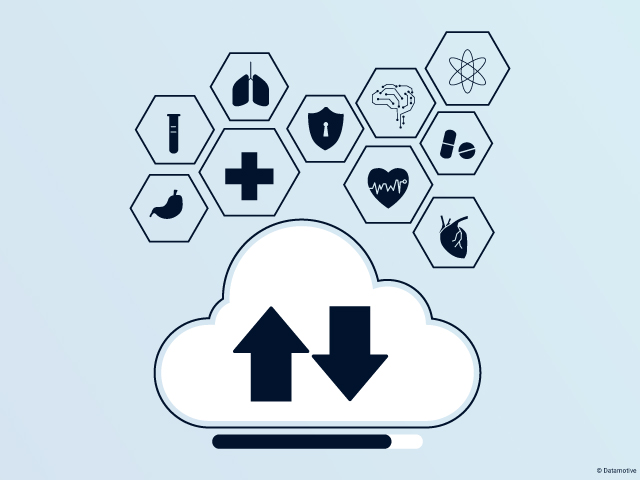Healthcare has undergone significant evolution in recent years, particularly within the past two to three years. The emergence of Covid-19 has drastically altered the landscape of medical care delivery, prompting a shift from traditional in-clinic settings to the increasingly prevalent model of at-home care, commonly referred to as Telehealth.
Telehealth has revolutionized healthcare by delivering care directly to individuals wherever and whenever they require it, without compromising on the quality of care provided. However, as this shift occurs and regulatory frameworks such as HIPAA and GDPR become increasingly stringent, healthcare organizations are confronted with many challenges. These challenges include:
- Ensuring quality of care
- Transformation; cloud adoption and technology acceleration
- Ensuring business continuity while ensuring regulatory mandates
Out of the challenges mentioned, making sure that healthcare services continue without interruption while also keeping up with regulations is crucial. We need to find the most affordable way to do this without affecting the care patients get or the work of healthcare providers.
Understanding the importance of business continuity in today’s changing healthcare scenario
Research shows that data theft and loss cost billions of dollars. If services aren't available, it can cause big problems. That's why business continuity is crucial for any healthcare organization. Business continuity in healthcare means making sure that
- ensuring safety of data,
- secure replication data,
- ability to recover data and workloads from any cloud to any cloud without compromise on the service level agreements,
With services rendered from multiple channels, the adoption of hybrid cloud deployments, and the need to protect data across different clouds, business continuity has become more challenging and complex.
To accomplish the above goals, health care organizations need to look at introducing workload portability as a capability in their IT (Information Technology) operations. Workload portability is defined as the ability to move full workloads (OS, application, platform, and data) between private and public clouds with minimum disruption to services.
With workload portability, health care organizations can replicate, recover their services securely, efficiently, without comprising on the SLA (Service Level Agreement), and in a cost-effective manner.
How Datamotive can help health care organizations with their business continuity challenges
Datamotive is a full-workload portability product capable of replicating and recovering entire workloads (OS, platform, applications, and data) between private and public clouds. By using full-workload portability, healthcare organizations can make plans to keep things going smoothly in case of any disruptions:
- agnostic of the cloud deployments,
- consolidate multiple DR sites into a single site, single operating procedure,
- replicate and recover all the regulatory and compliance controls,
- reduce their disaster recovery total cost of ownership by 60%,
- use scripts for a true single click recovery, and
- most important secure a 10-minute recovery SLA per workload irrespective of the size and type of workload.
.jpg)
Datamotive enables healthcare organizations to replicate, retain and recover workloads from multiple source clouds into a single DR site without compromise on the business service agreements (SLA’s).
Organizations can integrate Datamotive in their IT capabilities via the intuitive user interface, Restful API’s into their pipelines, or via the python SDK’s.
Explore how Datamotive's full-workload portability can secure your data, streamline operations, and flatline 10-minute recovery SLA per workload. Schedule a demo today!
